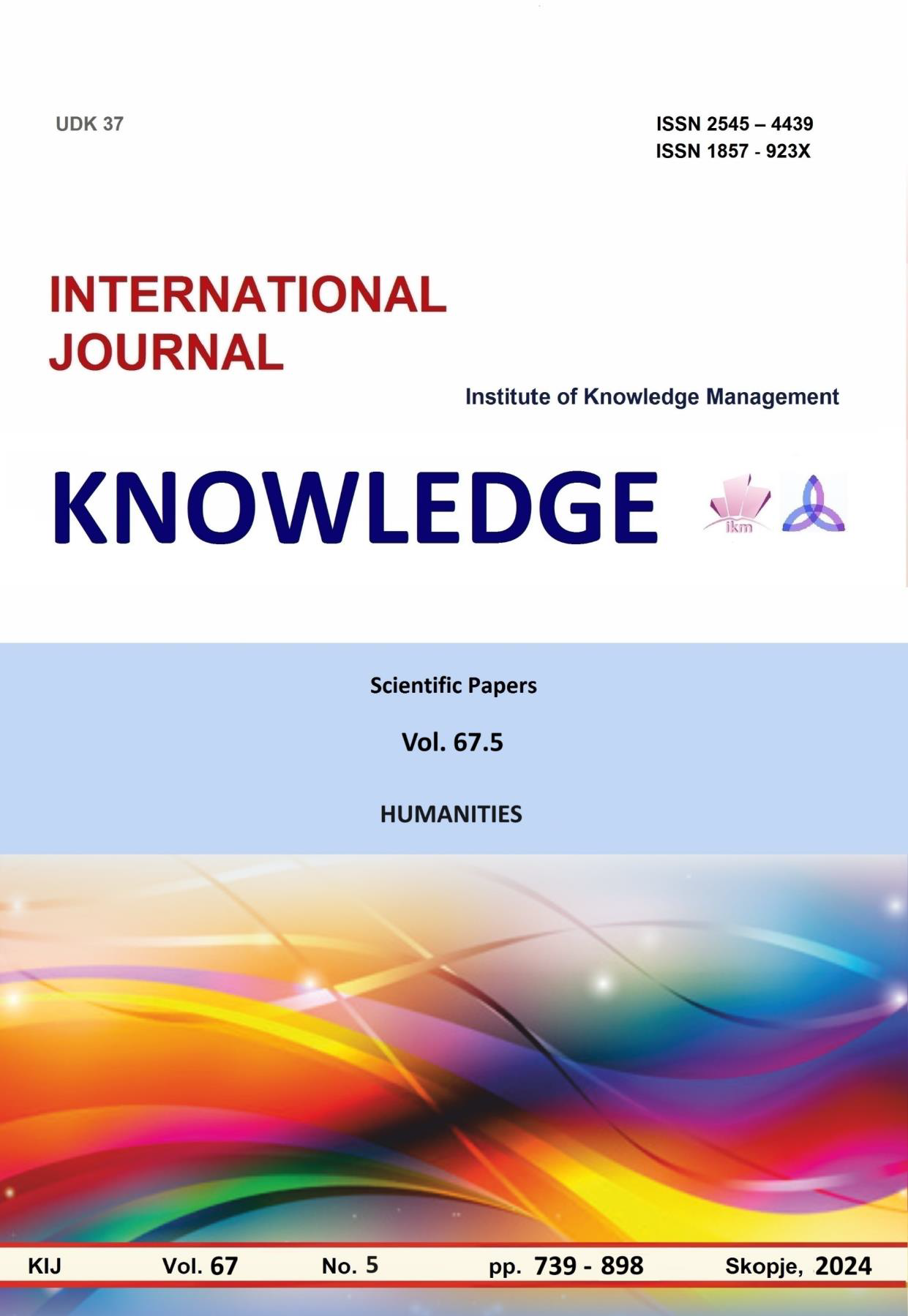SITCOMS AND THE LANGUACULTURE
SITCOMS AND THE LANGUACULTURE
Author(s): Marija KrstevaSubject(s): Language and Literature Studies, Foreign languages learning, Applied Linguistics, Language acquisition, Psycholinguistics, Sociolinguistics
Published by: Scientific Institute of Management and Knowledge
Keywords: sitcoms;language acquisition;culture acquisition;cultural reality
Summary/Abstract: This paper analyzes the role and place of the sitcoms in the process of language and culture acquisition. The sitcoms are genre that mainly uses humor for entertainment whole also containing real-life situations with realistic and everyday conversations, using an effective language for communication. The viewers, although not directly involved in the scenes, could easily be perceived as passive participants in those conversations, thus personally living the situations and adopting the language used by the actors. By drawing on Claire Kramsch’s (1998) idea that language expresses, embodies and symbolizes cultural reality and Sapir-Whorf’s hypothesis that language affects the thought process, i.e. the principle of linguistic relativity to illustrate the way in which language influences people’s thought and behavior, this paper illustrates the diverse and complex way in which sitcoms play a major role in foreign language and culture acquisition or the languaculture. In this sense, the present study draws a specific connection between the sitcom as a media product and the processes of language acquisition and culture adoption. The main premise is that while sitcoms are genre that mainly uses humor for entertainment, they also contain real-life situations with realistic and everyday conversations, using an effective language for communication. The viewers, as indirect witnesses of the scenes, could easily be perceived as passive participants in those conversations, thus personally “living” in the situations and adopting the language used by the actors/characters. It is up to the actors’ talent and ability to deliver the character and further influence how the sitcom will be adopted. Furthermore, while these encounters with the foreign language and culture are in an informal setting, the acquisition of the content is certain. ). The acquisition of communication skills then as a complex set of skills requires mastering the languaculture of the target language. One may have the knowledge in grammar and vocabulary but needs to practice the conversational English to train the ear. Following the on-screen dialogues of the sitcom the viewers remove the barriers, both when they hear what is spoken to them and when they have to reply appropriately. The sitcom enables the learner to better recognize the situation, learn the material and visualize themselves when using the language in a similar situation. This paper in particular looks into the language culture in the American sitcom Seinfeld by giving examples of informal language (slang, taboo, swearing), neutral or formal and figurative language (metaphors, puns, irony, sarcasm, parody, allusions).
Journal: Knowledge - International Journal
- Issue Year: 67/2024
- Issue No: 5
- Page Range: 789-794
- Page Count: 6
- Language: English

